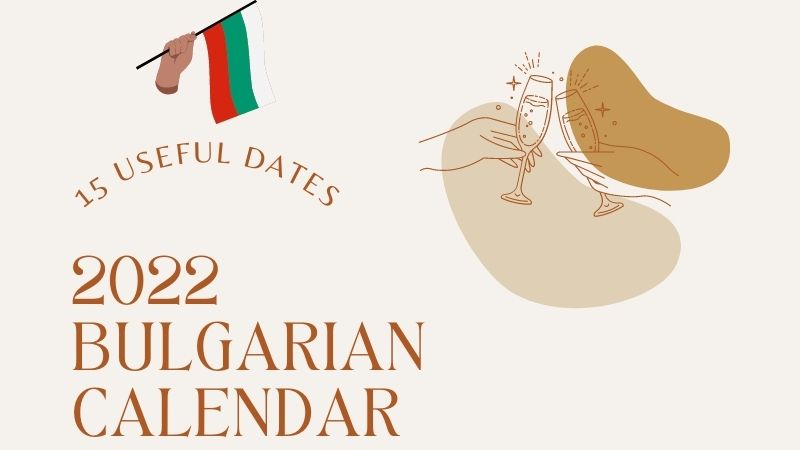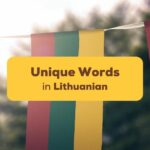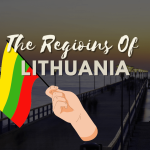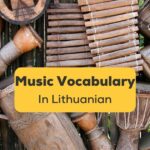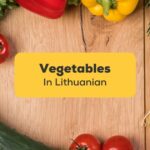Calendars at the ready! This year is already well underway, but are there any other surprises in store from the 2022 Bulgarian calendar? The nature of a country’s calendar is often dictated by its location and religion. If you read our last article, you’d know Bulgaria is a Christian country in Europe. Needless to say, the events to look out for are often centered around traditional Northern European Christian events like Christmas and Easter.
Have you heard of Ling? Ling is the number 1 language learning app for lesser spoken languages. Not only can you learn Bulgarian, but you can also learn 60+ other languages, many of which are neighbors of Bulgaria, like Turkey, Serbia, and Albania.
Ling also has another trick up their sleeve. Imagine English isn’t your first language, no problem. You could learn Bulgarian from a Serbian base or switch to any other languages that the app caters for.
All of Ling’s courses were designed by native Bulgarian teachers, so you get the genuine product. Not only that but the recordings are all made by native speakers so that you will have an authentic Bulgarian accent.
Important Dates In The Bulgarian Calendar
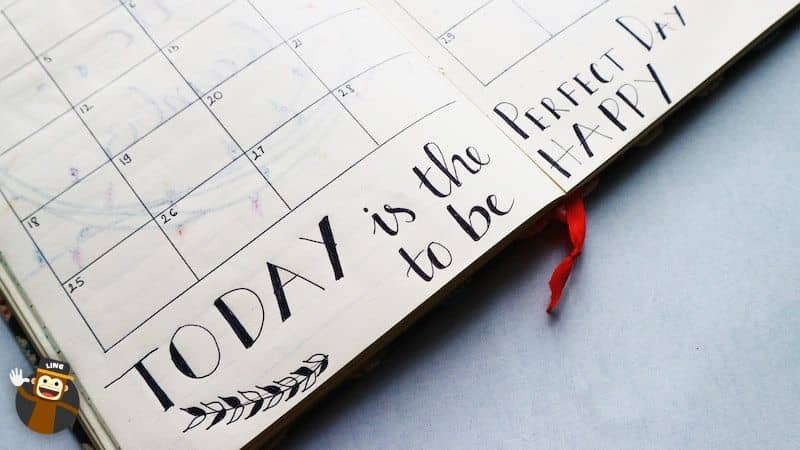
Note: NYD, crimes of communism remembrance day, Mother’s Day, Labor Day and July Day are not national holidays.
| Date | Occasion |
| Jan 1 | NYD |
| Jan 3 | NY’s holiday |
| Feb 1 | Crimes of Communism Remembrance Day |
| Mar 1 | Baba Marta |
| Mar 3 | Liberation Day |
| Mar 8 | Mother’s Day |
| Apr 22 | Good Friday |
| Apr 23 | Easter Saturday |
| Apr 24 | Easter Sunday |
| Apr 25 | Easter Monday |
| May 1 | Labour Day |
| May 2 | Labour Day |
| May 6 | St George’s Day |
| May 24 | Literacy and Culture Day |
| Jul 1 | July Morning |
| Sep 6 | Unification Day |
| Sep 22 | Independence Day |
| Dec 24 | Christmas Eve |
| Dec 25 | Christmas Day |
| Dec 26 | Boxing Day |
| Dec 27 | Christmas Holiday |
| Dec 28 | Chirstmas Holiday |
The Bulgarian Calendar – Baba Marta Day
When I was compiling this calendar, one day, in particular, stood out for me, and that was Baba Marta. I had never heard of this occasion in any other country. So what is Baba Marta?
Baba means grandmother. Marta means march. So it means Grandma March day. This story was fascinating to us when we first read it, and we’ve heard no corollary in any other country. In folklore, Baba Marta is an old woman who is angry with January and February, her two brothers.
Baba Marta likes to do spring cleaning, which she does on March 1st; however, because she’s been waiting all winter, the feathers come out of her mattress and fall to the ground- the last snow of the year. There is a similar version of this story in German folklore too.
People still follow certain traditions on Baba Marta day, such as making small yarn dolls and wearing wristbands. You wear the wristband until the first swallow or stork is seen, which symbolizes the coming spring and summer. To older Bulgarians, this time of year is known as Birch month because it is when birch trees start growing leaves.
When Do Bulgarians Celebrate Liberation Day?
Liberation day, March 3rd is a day for patriotic Bulgarians. But who exactly were they liberated from?
It is an awkward fact of history that many countries colonized other countries. No more is this truer than with the British Empire. However, it was not the Brits that colonized Bulgaria; it was the Ottomans who had their capital in what is modern-day Istanbul, Turkey.
The story of how Bulgaria gained its independence is complicated but resulted from the Russian-Turkish war. Partial Bulgarian statehood was given on march 3rd, 1878, with the treaty of San Stefano.
Although always a proud day for Bulgarians, it wasn’t properly celebrated nationally until 1978. The day is full of pomp and circumstance. Soldiers lay wreaths of flowers at the Shipka Monument, National Assembly Square, and the Monument to the Unknown Soldier.
When Do Bulgarians Celebrate Unification Day?
On September 6th.
This is directly related to the previous paragraph and the treaty of San Stefano of 1878. Not all of modern-day Bulgaria was given back to them. The situation devolved into all-out warfare where the Bulgarians were victorious over the Serbs.
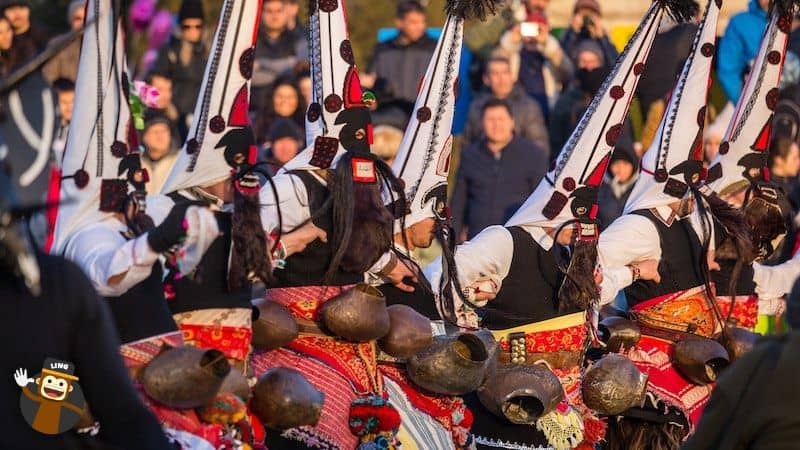
Learn Bulgarian With Ling
I don’t know about you, but some bank holidays are coming soon in England, and I can’t wait to study some Bulgarian.
As we mentioned in the opening section, Ling is undeniably your best option for learning a second language.
Now it’s time to get real. There’s no such thing as a magic bullet for learning Bulgarian(or any other language). It takes time, planning, and hard work.
However, downloading Ling is probably the single biggest thing you can do to give yourself the best possible chance. For me personally, Ling keeps me consistent. I know when I get my daily reminder that it’s time to log on and do a 10minute lesson. It doesn’t sound like much, but if you’re a long-term user, the number of hours starts to rack up considerably over the year.
If you’re wondering what language learning apps actually do, then where have you been for the last 15 years? Since the likes of Rosetta Stone and Duolingo took the market by storm, they have become a staple in every polyglot life. In case you don’t know, Ling has fun mini-games and quizzes as well as SRS flashcards that make you learn a language in a fun and engaging way.
I hope this article has helped clarify some facts regarding the Bulgarian calendar and public holidays. For more detailed information about other Bulgarian topics, check out some of our other Ling blog articles, such as thank you in Bulgarian and names in Bulgarian.
Come over to our website and get Ling now!
